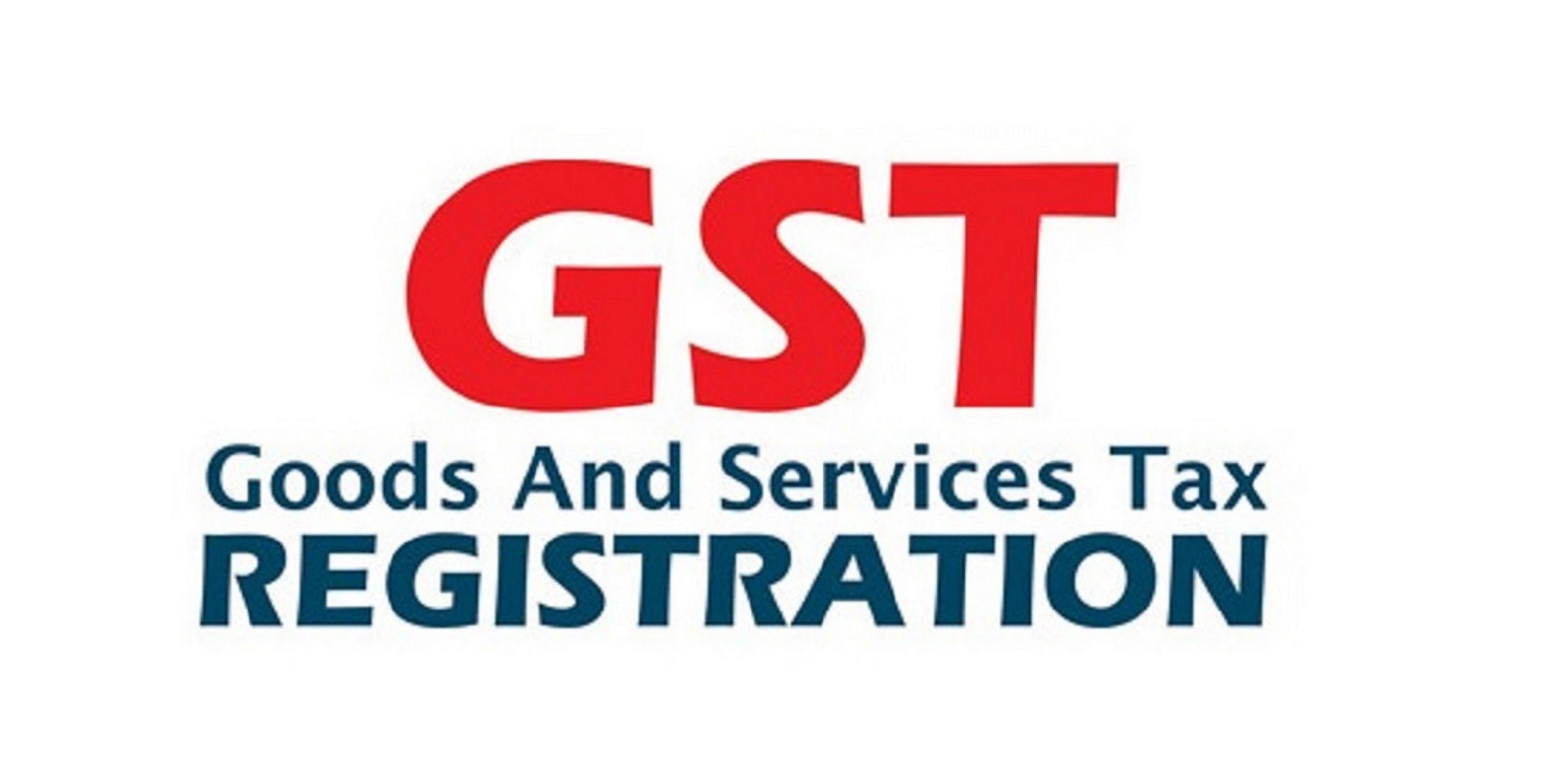Finding Dependable and Reliable Best GST Registration Services in Singapore
Finding Dependable and Reliable Best GST Registration Services in Singapore
Blog Article
Throughout: The Ultimate Roadmap to GST Registration for Businesses Looking For Financial Stability
Browsing the complexities of Product and Provider Tax Obligation (GST) enrollment is an essential action for businesses pursuing monetary stability. From understanding the essential principles of GST to adhering to post-registration standards, the procedure can seem daunting at first glance. Damaging down the roadmap into workable steps can simplify the enrollment journey for services looking to improve their financial standing. Let's explore the necessary parts that comprise this utmost roadmap and discover just how each stage adds to laying a solid foundation for monetary success.
Comprehending GST Essentials
Exploring the fundamental concepts of Product and Provider Tax (GST) is vital for acquiring a detailed understanding of its ramifications on companies and the economy. GST is a value-added tax obligation imposed on many goods and services for domestic intake. It has changed numerous indirect taxes that existed in the pre-GST era, enhancing the tax obligation framework and boosting convenience of doing organization in India. Under the GST system, both solutions and items are tired at a certain rate, which is identified based upon their category. If their annual turn over surpasses the threshold limit set by the government, businesses are called for to register for GST. Input Tax Obligation Credit Rating (ITC) is a considerable function of GST, allowing organizations to assert credit report for taxes paid on inputs, decreasing the general tax problem. Recognizing the essentials of GST is essential for services to abide by tax laws, manage their financial resources successfully, and contribute to the nation's financial growth by joining a transparent tax system.
Eligibility Criteria for Registration
To register for GST, businesses should fulfill certain eligibility criteria developed by the government. The key eligibility requirement is that any business entailed in the supply of goods or services with a yearly accumulation turnover above the threshold restriction established by the authorities have to register for GST. As of the existing regulations, the threshold limitation for GST enrollment is a yearly aggregate turnover of 40 lakhs for businesses running within a state, besides special category states where the limit is 20 lakhs. Additionally, certain companies are called for to register for GST regardless of their turn over, such as interstate providers, laid-back taxed individuals, and organizations liable to pay tax obligation under the reverse cost device. It is vital for organizations to extensively evaluate their turn over and deal kinds to establish their GST enrollment obligations properly. Failing to sign up for GST when eligible can result in penalties and lawful effects, making it essential for services to abide by the defined eligibility standards.
Records Required for Enrollment
Having actually met the qualification standards for GST registration, businesses must now guarantee they have the requisite files in position to wage the registration process successfully. The documents required for GST enrollment typically include proof of organization constitution, such as partnership act, enrollment certification, or consolidation certificate for different sorts of businesses. In addition, companies require to provide documents establishing the principal area of business, such as a rental arrangement or electrical energy expense. Frying pan card of business, in addition to the identity and address evidence of promoters/partners/directors, are crucial for confirmation purposes. Savings account declarations, along with canceled cheques or a duplicate of the bank passbook, are required to verify the economic information provided during enrollment. Services should have electronic trademarks all set for the accredited signature. Ensuring all these papers are arranged and conveniently available will certainly speed up the GST registration procedure, enabling services to adhere to tax obligation policies perfectly.
Step-by-Step Registration Process
Commencing the GST enrollment procedure includes a collection of organized steps to make certain a smooth and certified enrollment for organizations. The primary step is to visit the GST portal and fill out the registration form with exact details of the company entity. Following this, the applicant obtains a Short-term Recommendation Number (TRN) which is used to resume the application procedure if it's not completed in one go.
Next, all needed files according to the list offered by the GST portal requirement to be submitted. These documents usually consist of evidence of service identity, address and enrollment proofs of promoters, economic statements, and company entity's PAN card.

Post-Registration Compliance Guidelines

Conclusion
In conclusion, companies seeking economic stability must understand the fundamentals of GST, fulfill eligibility standards, gather essential papers, adhere to the step-by-step enrollment process, and follow post-registration standards - Best GST registration services in Singapore. By adhering to these actions, companies can make certain conformity with tax regulations and preserve monetary security over time
In addition, particular organizations are called for to sign up for GST regardless of their turnover, such as interstate vendors, laid-back taxed individuals, and services liable to pay tax under the reverse cost mechanism.Having fulfilled the eligibility standards for GST enrollment, businesses need to now ensure they have the requisite papers in location to continue with the enrollment process efficiently. The papers needed for GST enrollment typically include evidence of business constitution, such as collaboration deed, registration certificate, or consolidation certification for different types Bonuses of businesses. Furthermore, companies need to provide documents developing the principal place of organization, such as a rental agreement or power expense.Starting the GST registration procedure includes a series of organized steps to ensure a seamless and certified registration for organizations.
Report this page